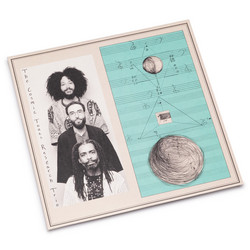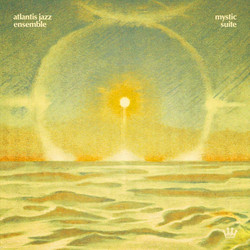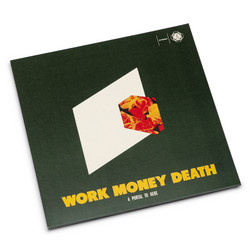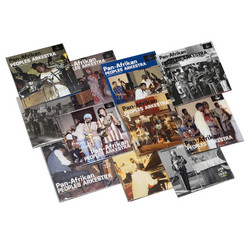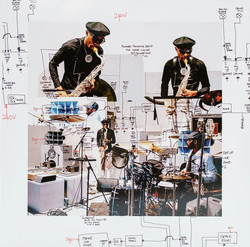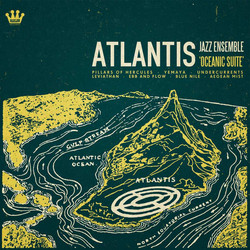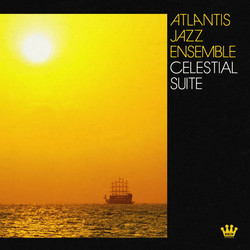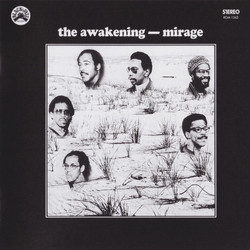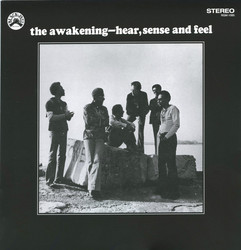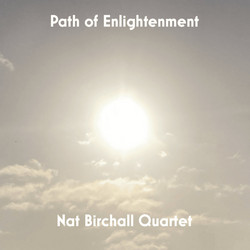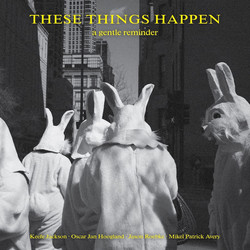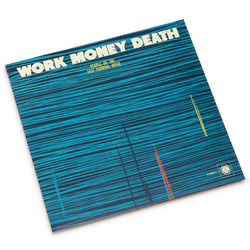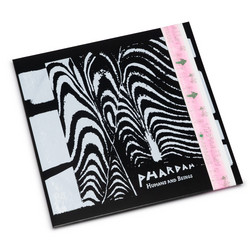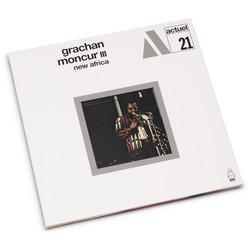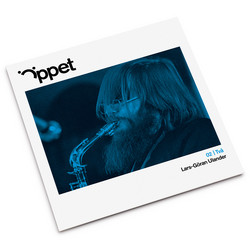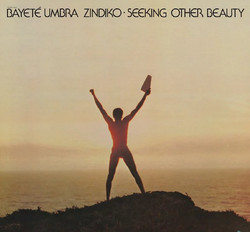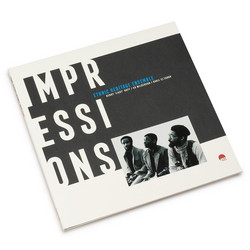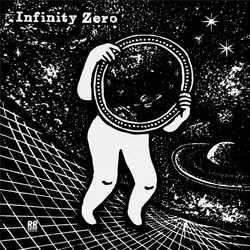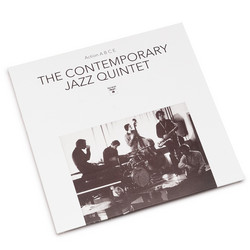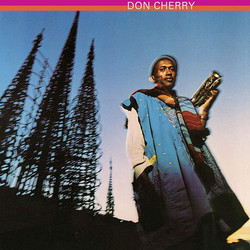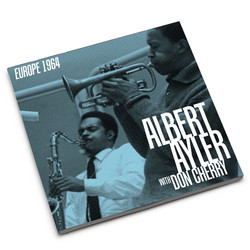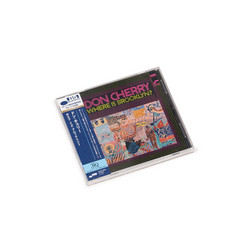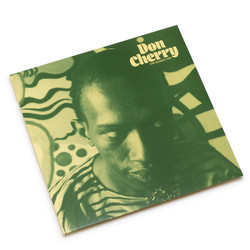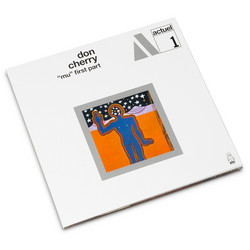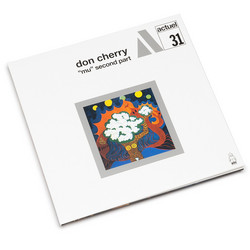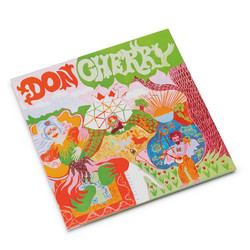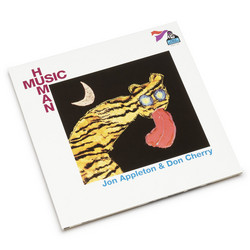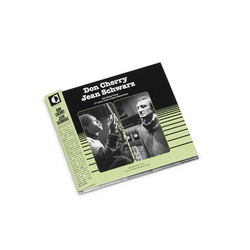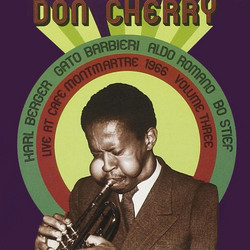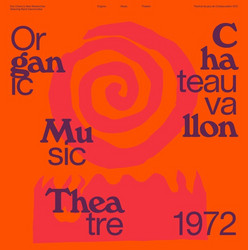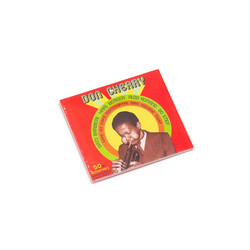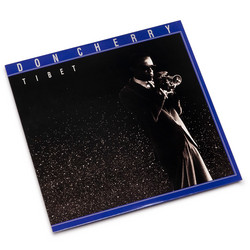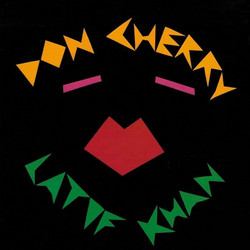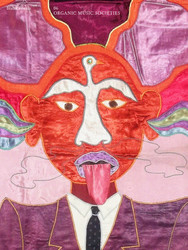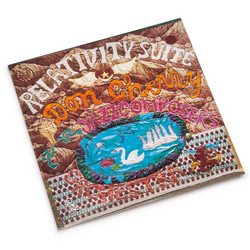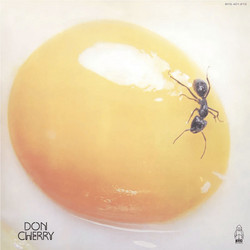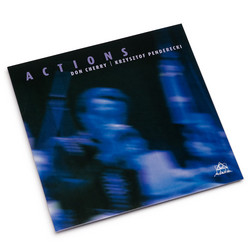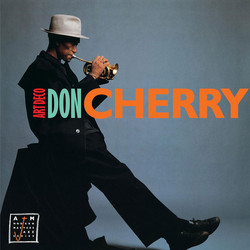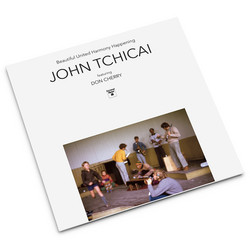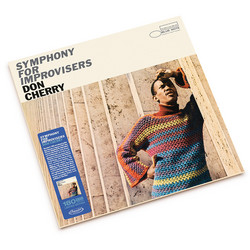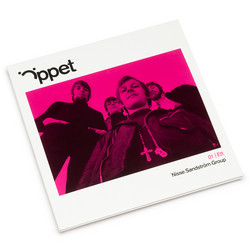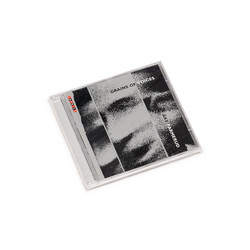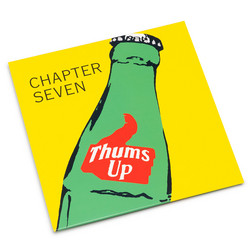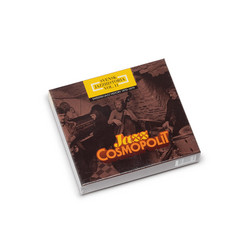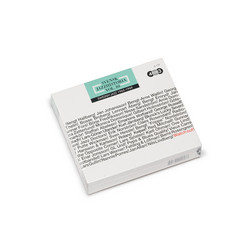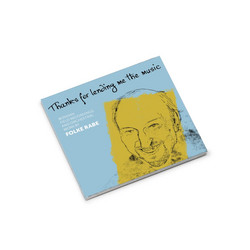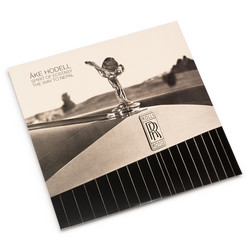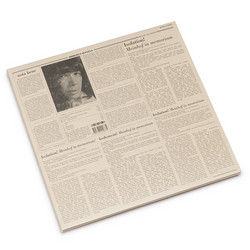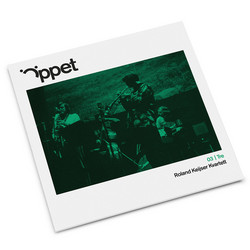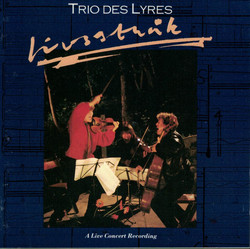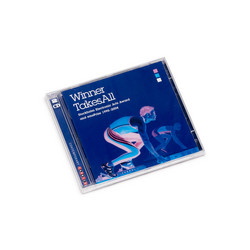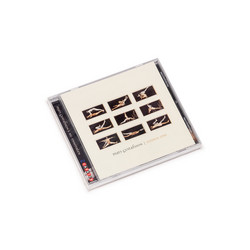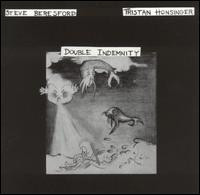Don Cherry
Organic Music Society
** 2024 Stock. Digipack CD with 24 pages booklet inserted inside a gatefold cover **- quoting Dusted magazine "This is not a jazz album. This is the music of ritual. Any resemblance it has to jazz is purely coincidental and passing. This is the sound of utopia, of equality, of the universal egalitarian dream, of the earth, the water, and the life force in all its various guises." and "This is an album of education in practice. Don Cherry spent the summer of 1971 teaching at a youth music camp normally devoted to the study of classical music. Somewhere along the line, he brought a tape recorder along and recorded a swinging version of Dollar Brand’s “Bra Joe from Kilimanjaro” and a Terry Riley song titled, simply, “Terry’s Tune.” The fifty-odd piece band lays down Brand’s swinging bass line and Riley’s melancholy melody while Cherry (on trumpet and piano) and drummer Okay Temiz unleash some serious free jazz squalls. And the album closes with a group of elementary school teachers singing an Indian-inflected tune complete with tabla, tambura and harmonium. The informality of these recordings is the goal. The professional musicians merely provide a musical frame for the amateurs, with the critical moment coming when the amateurs break free of their own personal frames and join together for a joyous, communal utterance."One of the towering figures of American music, Don Cherry was part of the revolutionary free-bop quartet led by Ornette Coleman in the late 1950s and early 1960s, an ensemble that helped shift the conversation about jazz from chord changes and swing to freedom and energy. Always an independent spirit, Cherry brought his openness and burgeoning knowledge of traditional musics from around the world to bear on Coleman’s project, lending an infectious, absolutely original air to the bold new music. By the late 1960s, the pocket-cornet player was living in Sweden, with his wife Moki Karlsson, playing with Swedish musicians from all backgrounds, seeking out exciting partners in a somewhat hippie-like atmosphere. It was in this milieu, in the summers of 1971 and 1972, that Cherry recorded the tracks for his legendary double album, Organic Music Society, which was released on Caprice and is now reissued for the first time on CD.
The sessions that comprise Organic Music Society are varied and represent several directions in Cherry’s oeuvre. Only two tracks (“Elixir” and “Relativity Suite”) were recorded in a studio setting; the rest of the music was made live, in wildly divergent circumstances. Along with various top-notch Swedish players—Bengt Berger, Christer Bothén, Tommy Koverhult—the accomplices include Turkish percussionist Okay Temiz and an early appearance by the Brazilian berimbau specialist Naná Vasconcelos. Cherry himself performs on pocket cornet, but also on voice, harmonium, flute, conch shell, and piano. Compositions include some familiar material, such as “Relativity Suite” and Pharoah Sanders’ classic “The Creator Has a Master Plan,” and fascinating material from Dollar Brand (“Bra Joe from Kilimanjaro”) and even the world minimalist composer Terry Riley (“Terry’s Tune”). Some tracks are long, loose, and meditative (“”North Brazilian Ceremonial Hymn”), while others are taut and bracing; on one track, a 50-piece string orchestra accompanies the band. Across the board, on Organic Music Society we find Cherry’s intense interest in multicultural sounds, in the intersections of improvisation and folk music, and the expansion of jazz into a melting pot of sonic experience.
Documentary recordings made 1971-1972 Only the recordings from August 14th, 1972 (Elixir-Relativity Suite) were made in a recording studio. The rest of the material consists of documentation recordings made on portable machines, some of them carried out under awkward acoustic conditions. Tracks 1, 11, 12, 13 are mono. All others are stereo. Originally released as RIKSLP 44/50 in 1973. Comes in gatefold cardboard sleeve, with 24 page booklet of liner notes and photographs.

